In this post, I explained what blockchain oracles are and why we need them in the crypto-verse.
Usually, a blockchain can only access the information available in its network.
However, for greater efficiency, it needs to have access to external data.
This is where blockchain oracles come in.
Keep reading to get the full gist. 😉
Post Summary
- What Are Blockchain Oracles?
- How Blockchain Oracles Work
- Types Of Blockchain Oracles
- Top 5 Blockchain Oracles
- The Oracle Problem
- Conclusion
Click on any item above to read its content immediately.
1. What Are Blockchain Oracles?
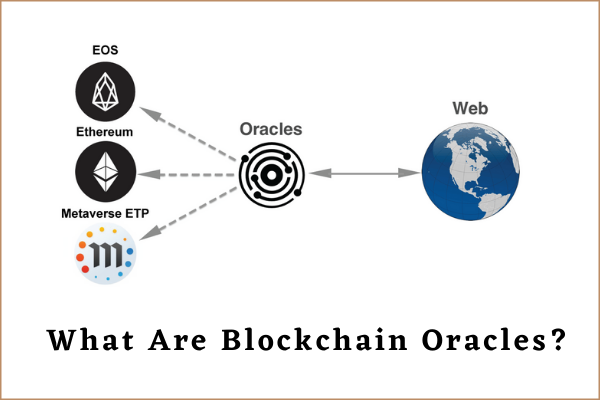
Blockchain oracles are applications designed to provide smart contracts with external information.
In other words, they serve as middlemen between blockchains and the outside world.
You can also refer to them as third-party services or entities that connect blockchains to external systems.
The essence is to boost the efficiency of smart contracts with information gotten from the real world.
Left alone, the performance of blockchains and smart contracts will be limited because they only have access to the information within their networks.
But with oracles, they have a broader scope to operate in.
Smart contracts require several external data including price information, the results of a game, weather forecast, etc.
For example;
Let’s say there’s an Ethereum smart contract between A and B, where 100 DAI was staked.
If the price of ETH goes up by 5% at 021-11-07 05:00:00 UTC on Coinmarketcap, the 100 DAI goes to A.
Otherwise, the 100 DAI goes to B.
Now, this smart contract exists on the ethereum blockchain and not on Coinmarketcap.
Therefore, it will need help fetching the price increase from that platform.
It achieves this with the help of a blockchain oracle.
Once the oracle relays the price increase information to the smart contract, either party will receive the funds as proposed. Cool!
Without the help of the oracle, we can’t be sure that one of the parties will not influence the outcome. hmm…
Important note:
Blockchain oracles are not the data source rather, they verify external data sources and relay the information to the smart contract.
Got it? Great!
Next, we’ll talk about how these oracles work in the next section.
Tag along!
2. How Blockchain Oracles Work
Blockchain oracles operate differently based on their design but generally, this is how it boils down:
a. A smart contract requests off-chain data from an oracle.
b. The oracle sources data through an “External API”.
c. Next, the oracle reviews the findings and picks the accurate one.
d. Then it sends the correct response to the smart contract.
The entire process incurs network fees which the smart contract or blockchain pays to the oracle.
Usually, the fees are paid in the native token of the oracle.
Moreover, many different types of oracles exist.
I explained them in the next section.
Keep reading!
3. Types Of Blockchain Oracles
Blockchain oracles are classified based on the 3 core qualities:
i. Source of data
Here, we have software or hardware oracles.
A Software oracle interacts with online sources for information e.g. online databases, servers, websites.
Software oracles are able to transmit information in real-time.
Such information as exchange rates, digital asset prices, or flight schedules.
On the other hand, Hardware oracles get information from the physical world and send it to smart contracts.
They convert real-world events into digital values that can be understood by smart contracts.
Common data sources include electronic sensors, barcode scanners, and other information-reading devices.
ii. Direction of information
Depending on how the information is transmitted, we have inbound or outbound oracles.
Inbound oracles transfer information from external sources to smart contracts e.g. an oracle that tells a smart contract the arrival time of goods as recorded by a sensor.
Whereas, Outbound oracles send information from smart contracts to the external world e.g. an oracle that prompts a mechanism to unlock a smart lock.
iii. Trust
This describes who controls the oracle, so, we have centralized or decentralized oracles.
A Centralized oracle is managed by a single entity i.e. information is sourced from only one provider.
Because the oracle depends on one entity, any malicious interference will affect the smart contract. Oops!
On the contrary, Decentralized oracles query data from different sources and transmit the correct information to the smart contract.
This increases the reliability of the information because it is not coming from one source.
iv. Contract-specific oracles
This type of oracle is designed for a single smart contract.
It is programmed to serve a specific use case.
Also, it can be tailored to specific requirements.
However, it is time-consuming and expensive to maintain.
To deploy several smart contracts, a proportionate number of contract-specific oracles have to be developed. OMG!
Nevertheless;
A single oracle can have multiple qualities.
For example, an oracle that sources information from a company website is a centralized, inbound, and software oracle. Wow!
Now, let’s see the top 5 blockchain oracles in the crypto-verse.
Read on!
4. Top 5 Blockchain Oracles
I selected these oracles based on the market cap of their tokens as found on CoinGecko on 03/11/2.
See the top 5 oracles at a glance:
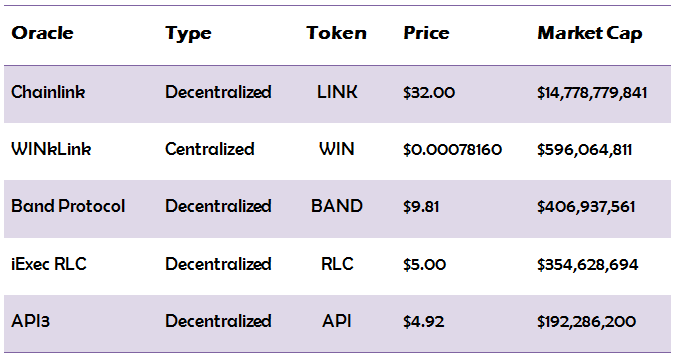
Find more details on each one below:
Chainlink
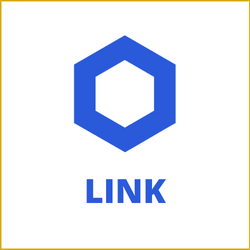
Chainlink is the most popular decentralized blockchain oracle.
It is a multi-chain oracle network that provides authentic data for smart contracts.
Sergey Nazarov launched Chainlink in 2017
This oracle connects smart contracts to real-world data feeds like asset prices, sports data, shipping data, etc.
Any blockchain can benefit from the solution provided by Chainlink.
Already, some DeFi protocols like Aave and Synthetix use this oracle.
Read our detailed review of Chainlink to learn more.
WINkLink

Secondly, on my list of top blockchain oracles is WINkLink
It belongs to the TRON ecosystem.
WINkLink fully integrates the real world with the blockchain space.
It provides random numbers, restores trust, and improves user experience by tapping into events of the real world.
An unknown team created the oracle in April 2021.
Band Protocol
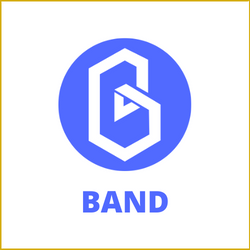
Another blockchain oracle that made my list of top 5 is the Band Protocol.
In addition to providing external data to blockchains, it facilitates the exchange of information between on-chain and off-chain data sources.
Using this protocol, developers can include any type of real-world data to their DApp logic e.g. sports, weather, random numbers, etc.
Band Protocol launched on the Ethereum blockchain in September 2019 but transitioned to the BandChain in June 2020.
iExec RLC

iExec RLC also made my list of the top 5 blockchain oracles.
It provides blockchain-based decentralized computing.
Also, it offers on-demand access to cloud computing resources.
And as such, it has a market network where people can monetize their computing power, applications, and datasets.
IExec supports applications in healthcare, AI, rendering, and fintech fields.
Gilles Fedak and Haiwe He founded the company on October 16, 2016.
API3
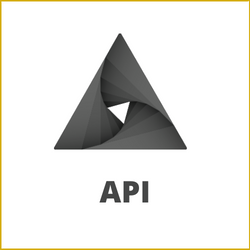
Lastly, on my list of top 5 blockchain oracles is API3.
API3 is designed to enable the creation and monetization of decentralized APIs.
That is to say, API3 allows API providers to operate their nodes on its network. Cool!
Also, it enables smart contracts to establish a direct connection with APIs for the latest data.
Burak Benligiray and Heikki Vanttinen founded the company in November 2020.
We’re almost done here but before we go, let’s talk about the oracle problem.
Keep reading!
5. The Oracle Problem
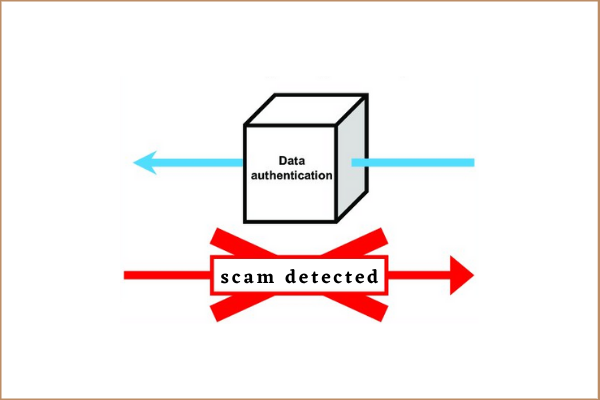
Put simply, the oracle problem is the possibility of a compromised smart contract because the oracle it relies on has been compromised.
Blockchain oracles are key to a healthy blockchain ecosystem because smart contracts execute decisions following the data they provide.
A malicious actor can access the data flow between the oracles and the contract and modify the data.
Plus, oracles are not part of the main blockchain consensus, so they are not part of the security mechanisms that public blockchains provide.
Thus, posing a trust conflict between third-party oracles and the trustless execution of smart contracts.
Nevertheless, innovations are consistent in this space.
Therefore, we can expect a solution to the oracle problem in the future. ✌️
Hey!
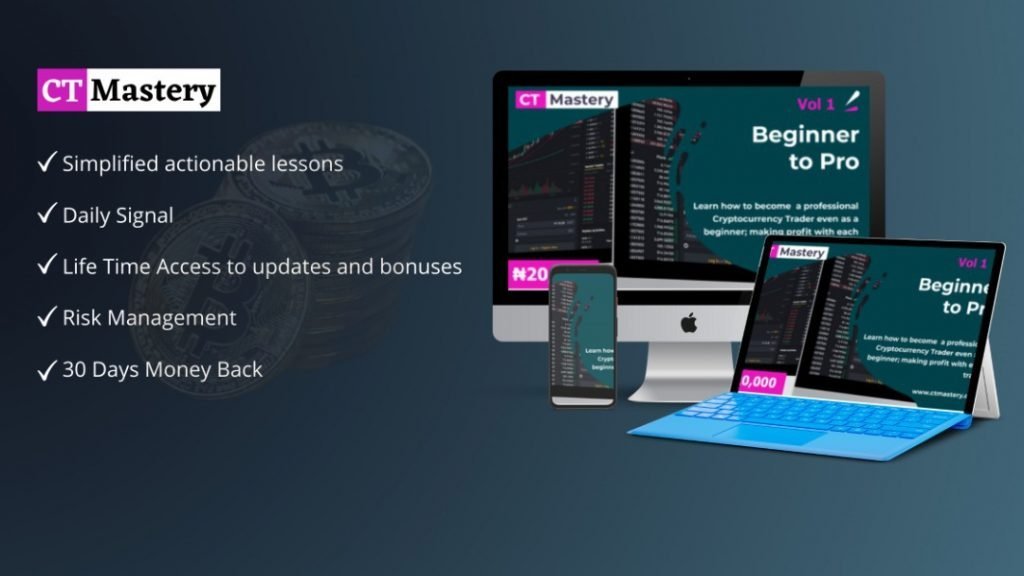
Visit www.ctmastery.com to enroll. You can also join our Telegram community at https://t.me/ctmastery.
6. Conclusion
This is where we’ll draw the drapes in our discussion on blockchain oracles. I hope it was worth your time.
These oracles broaden the scope in which smart contracts can operate by providing off-chain and on-chain data.
Else, smart contracts would have been limited to data from within their networks.
Now, over to you.
What do you think of blockchain oracles? Do you have any solution for the oracle problem?
I’d also love to know if you hold any oracle tokens.
Let me hear your thoughts in the comments section right now.
Don’t forget to share this article with your friends. Gracias!



0 Comments